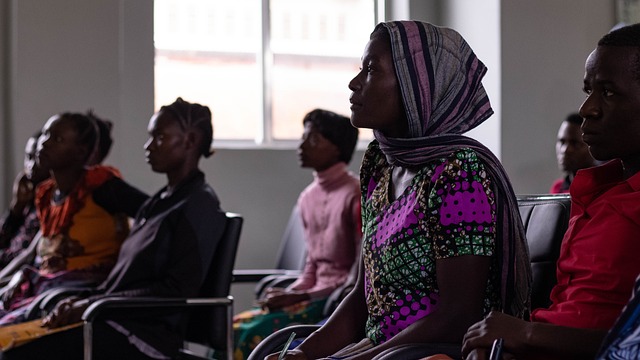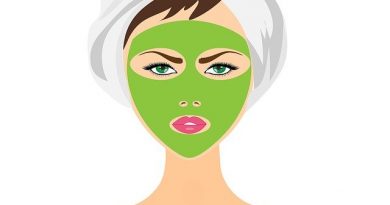Nine out of 10 people are biased against women
The statement “Nine out of 10 people are biased against women” suggests that a significant majority of individuals hold biases or discriminatory attitudes towards women. It implies that only a small minority, roughly one out of ten people, do not exhibit such biases.
Gender bias and discrimination against women are longstanding societal issues that have been the subject of extensive research, discussions, and efforts towards achieving gender equality.
While it is difficult to provide an accurate statistical measurement of the prevalence of bias against women, it is widely acknowledged that gender biases and inequality persist in various forms around the world.
Addressing and reducing gender bias requires collective action, education, awareness campaigns, and the promotion of inclusive policies and practices.
It is crucial for societies to strive towards creating an environment that values and respects the rights and contributions of all individuals, regardless of their gender.
Promoting gender equality and challenging biases against women is an ongoing endeavor that involves multiple stakeholders, including governments, organizations, communities, and individuals.
Efforts to address this issue encompass various aspects such as education, employment, representation, and cultural norms.
Education plays a pivotal role in combating biases. By fostering inclusive and equitable learning environments, educational institutions can promote gender equality from an early age.
This involves challenging gender stereotypes, promoting girls’ education, and encouraging boys and girls to pursue diverse interests and career paths.
In the workplace, organizations can implement policies and practices that support gender equality. This includes addressing pay gaps, promoting equal opportunities for career advancement, and combating discriminatory practices or biases that hinder women’s progress.
Encouraging diverse leadership and fostering inclusive work cultures are also crucial steps towards creating gender-balanced environments.
Representation is another crucial aspect of combating biases against women. When women are underrepresented in positions of power, decision-making processes, and media portrayals, it perpetuates stereotypes and reinforces biases.
By actively promoting and ensuring women’s representation in leadership roles, politics, and media, societies can challenge these biases and provide role models for future generations.
Cultural norms and attitudes play a significant role in shaping biases against women. By challenging traditional gender roles and promoting attitudes of respect, empathy, and equality, societies can help shift the narrative towards more inclusive and fair perspectives.
Encouraging men to be allies in the fight for gender equality is equally important, as engaging men and boys in discussions about gender biases can contribute to positive societal change.
It’s essential to acknowledge that progress has been made in addressing biases against women, but much work remains. Achieving gender equality requires continuous effort, collaboration, and a commitment to challenging and changing deeply ingrained biases.
By striving towards a more inclusive and equitable society, we can create a future where everyone, regardless of their gender, can thrive and contribute to their fullest potential.
To effectively combat biases against women, it is crucial to engage in open and constructive dialogue. Creating spaces for discussions about gender biases, sexism, and inequality allows individuals to become more aware of their own biases and learn from different perspectives.
It is through these conversations that we can challenge misconceptions, dismantle stereotypes, and foster empathy and understanding.
Media and popular culture also play a significant role in shaping societal perceptions and biases. By promoting diverse and positive representations of women, highlighting their achievements, and showcasing their talents and capabilities, media can contribute to changing narratives and challenging existing biases.
Supporting and consuming media that values gender equality and challenges stereotypes can have a powerful impact on societal attitudes.
Legislation and policies that promote gender equality are vital in creating systemic change. Governments and lawmakers have a responsibility to enact and enforce laws that protect women’s rights, ensure equal opportunities, and address discriminatory practices.
This includes laws against gender-based violence, workplace discrimination, and unequal pay, among others. By holding individuals and institutions accountable for their actions, societies can strive towards a more just and equitable future.
Lastly, it is important for individuals to examine their own biases and actively work towards addressing them.
Recognizing and challenging personal biases requires self-reflection, education, and a commitment to change. It involves actively supporting women’s rights, advocating for gender equality, and speaking out against sexism and discrimination.
By collectively addressing biases against women through education, policies, media, and personal commitment, we can create a more inclusive and equitable society.
It is a journey that requires ongoing effort, but the rewards are immeasurable—a world where everyone can enjoy equal rights, opportunities, and dignity, regardless of their gender.




